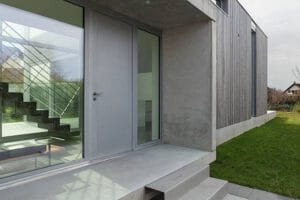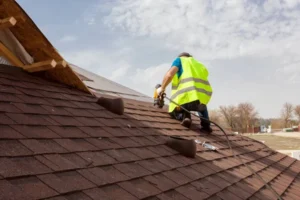An air filter in good condition will prolong the life of your HVAC unit. Choosing a larger air filter also means it won’t accumulate as much debris as other air filters, ensuring your unit’s longevity. To reduce the frequency of breakdowns and save on costly repairs, changing your air filter regularly is necessary.
It extends the life of your HVAC system
One of the easiest ways to extend the life of your HVAC system is to change your air filters regularly. This simple maintenance procedure can result in big savings over time. Your system will operate optimally for many years if you take care of it properly. In addition, changing air filters and hvac air filter housing is inexpensive and easy.
If you’re unsure, contact a professional HVAC technician in your area to do a load calculation. Purchasing an improperly sized system will cause it to wear out sooner and cause your energy bills to increase. In addition, an incorrectly sized system will cause it to shut off and create moisture problems constantly.
Installing a smart thermostat is another great way to prolong the life of your HVAC system. Many of these units are easy to use and can be programmed to meet your specific needs. Some newer models can also learn your schedule and make energy-saving adjustments on their own without any programming.
It prevents costly repairs
A dirty HVAC air filter can lead to costly repairs. By keeping the filter clean, you can prevent these problems. Besides preventing the need for costly repairs, this maintenance can ensure that your HVAC system functions efficiently. Regular maintenance can also ensure that your HVAC unit lasts longer.
Changing the filter is an essential part of HVAC maintenance. It would be best if you did it at least once every 90 days. You should do it more often if you have a large family or pets. Dirty air filters can lead to poor airflow and malfunctioning heat release. Not only does a dirty filter require regular replacement, but it can also cause your HVAC system to run more inefficiently.
A clogged filter can cause many problems, including higher energy bills. Changing your HVAC filter frequently can help save energy costs by between 5 and 15 percent.
Improves indoor air quality
Improving the indoor air quality of a building can have a direct impact on the health and productivity of employees. Pollen, dust, and pet dander can harm a person’s respiratory system. These factors are also often worse during the winter months. Using an air quality monitor to check the air quality in your building can help protect your health and reduce the risk of allergy or asthma flare-ups.
Various government agencies regulate air pollution from transportation and industry. In addition, cities and states measure outdoor air pollution, while the federal government keeps track of indoor air pollution. While there are several ways to improve the quality of indoor air in a home, some of the most popular remedies include improving home ventilation systems, carpet cleaning, and addressing dampness and leaks in the ceiling.
Another way to improve indoor air quality is to reduce individual sources of pollution. For example, consider modifying your appliance to emit less smoke if you use a gas stove. Another option is installing an air purification system in the ductwork of your heating and cooling system.









